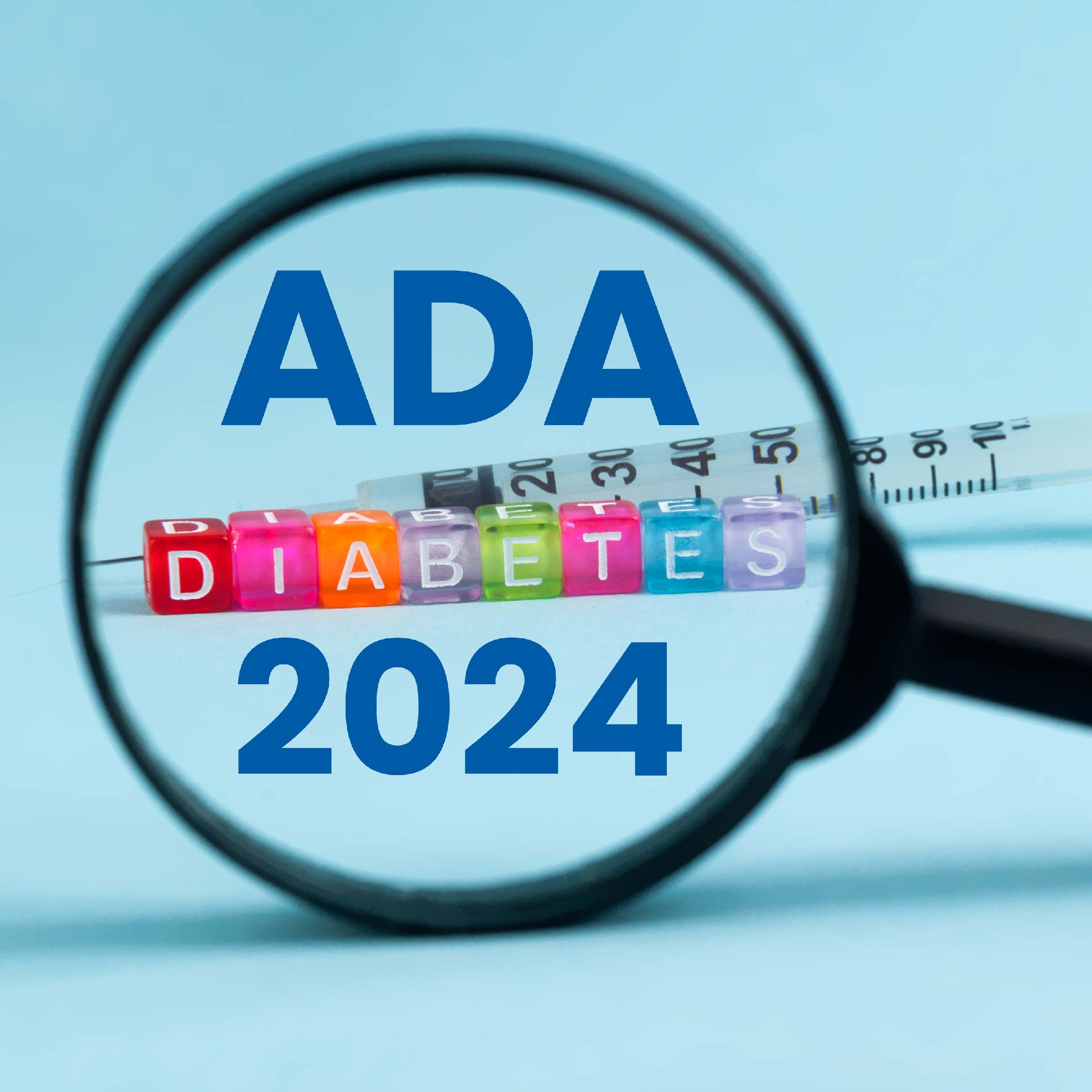ESC 2025: Broadening Phenotype of Diabetic Heart Disease
Diabetes and Prediabetes as Risk Factors for Heart Failure: A Population-Based Cohort Study of 110,000 Individuals
Presenter: Mark Reinert
This large-scale, population-based prospective cohort study investigated the relationship between glycemic status and heart failure (HF) risk.
Using data from 110,157 individuals over the mean follow-up of 12.7 years, researchers found that diabetes significantly increased HF risk (HR 2.62), especially in younger individuals, while prediabetes showed no significant association after adjusting for confounders such as age, BMI, blood pressure, and cholesterol. The study employed oral glucose tolerance testing and Cox proportional hazard models to ensure robust glycemic classification and risk estimation. Findings suggest that prior associations between prediabetes and HF may be confounded, emphasizing the importance of targeted prevention strategies in diabetic populations to mitigate HF development.
Associations between Prediabetes and Diabetes Mellitus Type 2 and Incident Atrial Fibrillation in Patients with Hypertension; Results from the Swedish Primary Care Cardiovascular Database
Presenter: Sara Bentzel
This retrospective cohort study assessed whether prediabetes or type 2 diabetes (T2D) increase the risk of atrial fibrillation (AF) in hypertensive patients.
Using data from 15,715 individuals without prior AF or cardiovascular disease, researchers categorized glycemic status and tracked AF incidence over 13 years. Adjusted Cox models revealed no significant association between prediabetes or T2D and incident AF (HR ~1.00). However, the triglyceride-glucose (TyG) index, a marker of insulin resistance, showed a U-shaped relationship with AF risk, with both high and low values linked to increased incidence. These findings suggest insulin resistance may play a nuanced role in AF pathogenesis beyond glycemic status.
The Effect of Metabolic Syndrome on the Relation Between Lipoprotein (A) and Incident Type 2 Diabetes and Outcome: Observations from the UK-Biobank
Presenter: Jason Sangha
This UK Biobank cohort study examined the relationship between lipoprotein(a) [Lp(a)] levels, metabolic syndrome (MetS), and incident type 2 diabetes (T2DM) and cardiovascular outcomes.
Among 333,753 participants, Lp(a) was inversely associated with T2DM risk only in individuals with MetS, particularly when all five MetS components were present. Cox regression showed decreasing hazard ratios for T2DM with increasing Lp(a) quartiles in MetS patients. Conversely, major adverse cardiovascular events (MACE) were positively associated with higher Lp(a) across all groups. These findings suggest that Lp(a) may confer protective effects against T2DM in insulin-resistant states, while simultaneously increasing cardiovascular risk regardless of MetS status.
Heterogeneous Effectiveness of SGLT2 Inhibitors for Individuals Without Established CVDs: A Population Based Study with Machine Learning Approach
Presenter: Takahiro Jimba
This nationwide cohort study compared SGLT2 inhibitors with DPP4 inhibitors for primary cardiovascular disease (CVD) prevention in diabetic patients without prior CVD.
Using propensity score matching and machine learning clustering (PCA-UMAP and hierarchical analysis), researchers identified eight patient subgroups. SGLT2 inhibitors significantly reduced composite cardiovascular events (HR 0.82), mainly heart failure (HR 0.77), compared to DPP4 inhibitors. Efficacy varied across clusters, with greater benefit observed in females, insulin/sulfonylurea users, and those with diabetes complications. These findings highlight the superior cardioprotective potential of SGLT2 inhibitors and the value of individualized treatment strategies informed by data-driven patient profiling.
Ref: ESC Congress 2025, 29thAug- 1st Sept 2025, Madrid, Spain




